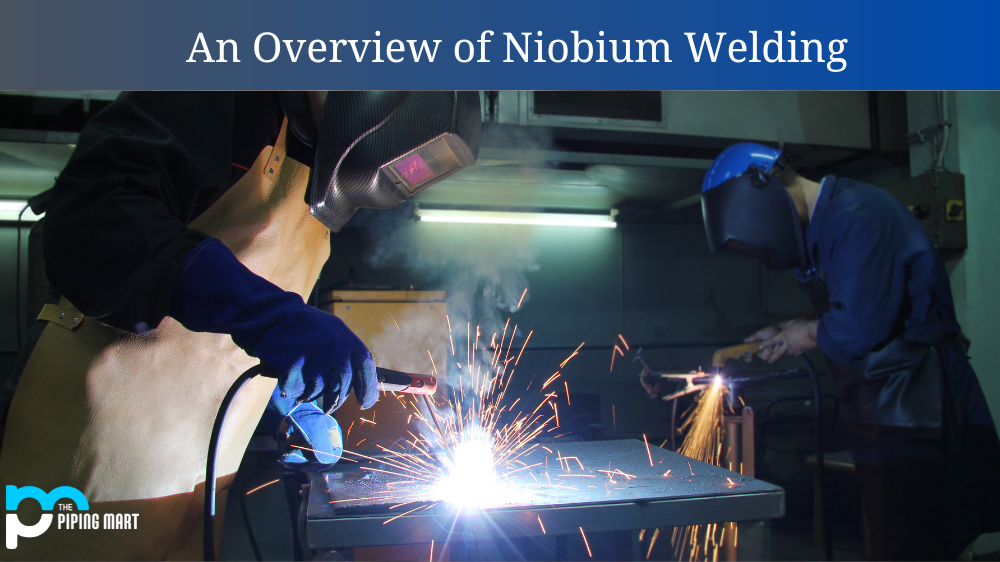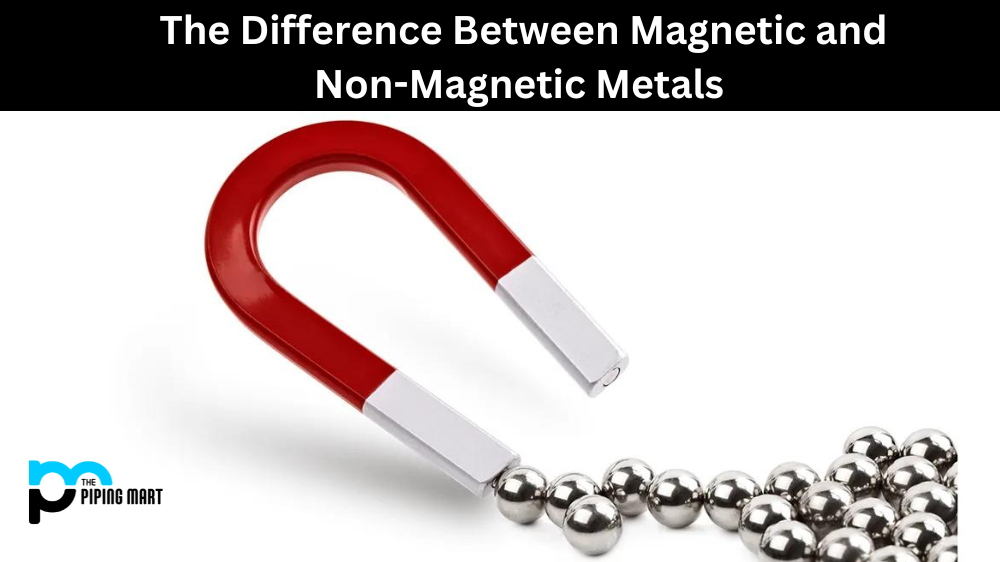Niobium is a metal alloy that is often used in welding applications due to its extra strength and high-temperature resistance. The alloy is composed of rare earth metals, which makes it a robust and durable material that can withstand extreme temperatures. Niobium welding has become increasingly popular with its unique properties in recent years. Let’s take a look at the basics of niobium welding.
What Is Niobium?
Niobium is an element with the symbol Nb and atomic number 41 on the periodic table. It is primarily found in nature as columbite or pyrochlore minerals. Pure niobium has low reactivity and does not corrode easily. It is also ductile, malleable, and has excellent thermal stability, making it ideal for welding applications.
Niobium Alloys
Niobium alloys combine niobium with other elements to create a stronger material with improved properties. For example, niobium-titanium alloys are widely used in aerospace applications due to their high strength and corrosion resistance. Other common niobium alloys include niobium-zirconium and niobium-molybdenum alloys used for increased heat resistance and wear resistance, respectively.
Why Use Niobium Welding?
The most important benefit of using niobium welding is its strength and durability. The welded joints created using this process are exceptionally strong and can withstand harsh environments without cracking or breaking down over time. Additionally, because it can be soldered at higher temperatures than traditional steel materials, it can be used for more delicate projects where precision is key. Furthermore, due to its non-corrosive properties, it can be used in applications where corrosion could pose an issue for traditional steel materials.
- Niobium is a strong, lightweight metal that is resistant to corrosion.
- Niobium welding is ideal for applications where weight is a factor, such as in the aerospace industry.
- Niobium welds are also resistant to cracking and have a high fatigue strength.
- Niobium welding can be used on a variety of materials, including aluminum, stainless steel, and titanium.
- Niobium welds are also less likely to cause distortion in the materials being joined.
Conclusion:
Overall, niobium welding offers many advantages over traditional steel welding processes in terms of strength and durability, as well as enhanced heat resistance and corrosion protection capabilities. As such, it’s no surprise that more welders are turning to this unique metal alloy for their projects today. If you’re looking for an alternative to traditional steel welding processes that will yield superior results every time—niobium welding may be just what you need!

A passionate metal industry expert and blogger. With over 5 years of experience in the field, Palak brings a wealth of knowledge and insight to her writing. Whether discussing the latest trends in the metal industry or sharing tips, she is dedicated to helping others succeed in the metal industry.




